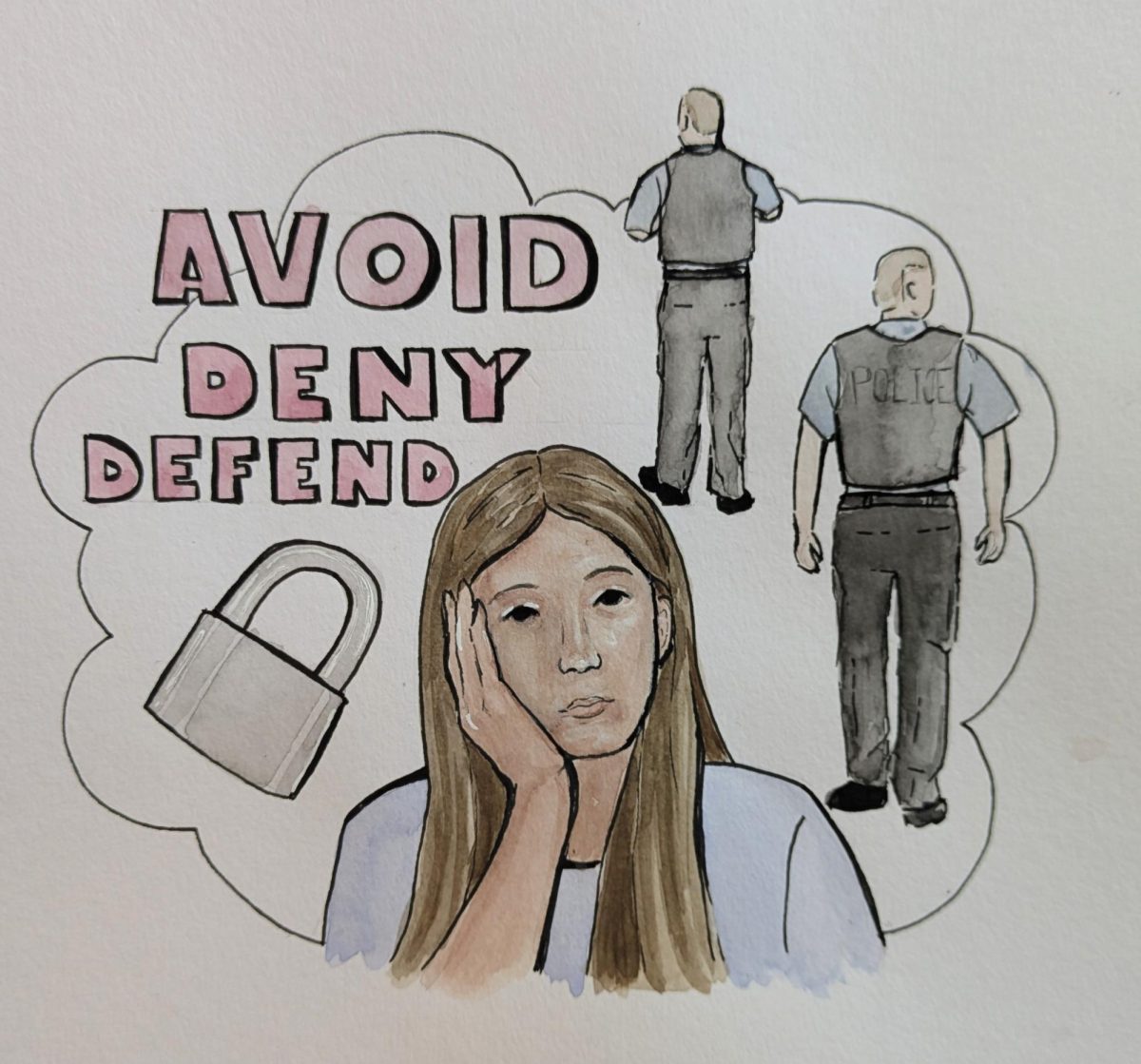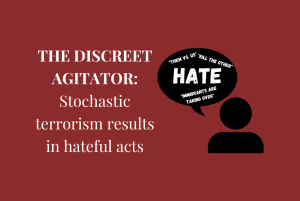Hippos in court, superhuman dogs, or Greta Thunberg: which is the real story?
November 29, 2021
Truth can be stranger than fiction.
Which may be the case for Pablo Escobar, his drug empire, and some cocaine hippos, creating what may be the most confusing conglomerate of words to ever be put in front of your eyes. But it is a true story.
The U.S. District Court in Cincinnati ruled that descendants of hippos owned by the late Escobar should receive legal recognition as humans in an ongoing court case as “persons of interest.” More specifically, the court case is against the Colombian government over whether to kill or sterilize hippos in order to prevent their domination of a land with no natural predators.
So how far-fetched can this be?
We posed this actual story with two fake news “events” to students at Emmaus High School to see if they could pick out the truth. Here’s how it went down: Choose the real story:
1: Greta Thunberg acquired a 13 percent share in Amazon after winning a court case against the corporation over carbon emissions.
2: Johns Hopkins University recently completed a study on the genetic side effects of water on dogs in Flint, Michigan, giving them superhuman qualities.
3: A group of hippos were ruled legal humans in a court case brought to the U.S. District Court in Cincinnati.
Apparently, no one believes in hippos…
Junior Nolan Hislop incorrectly guessed that the water in Flint, Michigan, was giving dogs superhuman abilities.
“My initial thoughts to finding out that hippos are recognized as people was, dang I really wished the dogs could become superhumans,” Hislop said, “but I guess hippos becoming humans is cool and all, I just thought it would be nice to see a dog be able to run like 400 miles a hour.”
The argument in court is that the hippos should be granted human rights even though they are a threat to the biodiversity of Colombia.
“I wouldn’t say I agree with the sterilization of hippos, but I can understand why the Colombian government is doing it,” Hislop said. “If I saw a bunch of hippos wandering around in the streets, I would be quite concerned.”
“I don’t know how the Colombian government can sterilize hippos now because if they are humans now, they have human rights.”
Senior Marybeth Smith guessed the incorrect answer of Greta Thunberg receiving a share in Amazon after a court case involving the mass pollutants they produce yearly.
“I was extremely surprised because I had no clue that animals could be involved in court cases and considered as humans,” said Smith.
Senior Jack Henriquez also happened to believe the correct answer was about Greta Thunberg receiving a share of Amazon and was baffled that hippos could actually be considered “humans.”
“If we start recognizing hippos as people, where would it stop? Why couldn’t any animal be considered a ‘person,’” Henriquez said.
When Henriquez was asked about the sterilization of the hippos he also had a firm stance with a strong argument to go along with it.
“Yeah that makes sense to me. If not hippos could genuinely just take over the world. Like if they’re just walking around and sitting on someone, that’s the end,” said Henriquez.
The court case involving the hippos is ongoing, and most likely will not have any effect on the decisions that will be made in Colombia, but animal rights activists see this case a huge win.
This is the first time in the history of the United States that animals are being recognized as persons’ legally therefore, more protections would be extended over them. It may even be a trend to start treating animals more justly in a “human rights” sense, since they face many forms of neglect in American entertainment.











